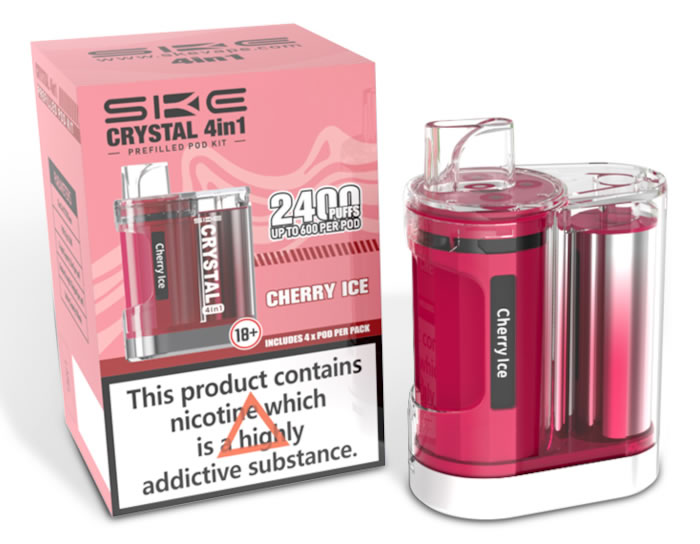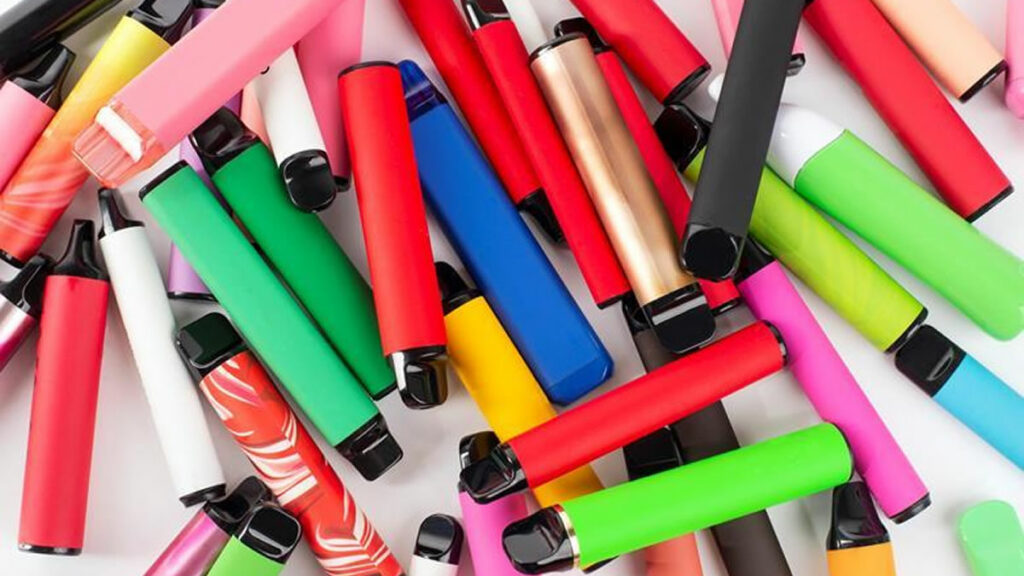The UK vaping industry is bracing for a major upheaval as the impending ban on disposable vapes, set to take effect in April 2025, draws closer. According to recent data, the category has already experienced a £43.6 million decline in sales and a 2.7 million unit decrease. ElfBar, known for its popular 600 Disposable device, has been hit the hardest, with a staggering £284 million loss – the biggest absolute loss in this year’s Top Products.
Vaping Uptake Slows, Disposables Dominate Market
The rise in vaping appears to have reached its peak, with growth slowing down in recent years. The Office for National Statistics (ONS) reported that in 2023, 5.9% of people aged 16 and older vaped daily, only a slight increase from the previous year’s 5.2%. Additionally, 3.9% vaped occasionally, up from 3.5%. This trend was further supported by research from University College London (UCL) in October, which found that the rise in vaping had “levelled off” since early 2023.
Among current vapers, 66% consider disposables their primary device, according to Vape Superstore. As the ban approaches, the industry is grappling with the potential consequences and exploring alternative options.
Brands Pivot to Reusable and Refillable Alternatives
While a small percentage of users may switch to tobacco, industry experts believe that the majority will transition to reusable and refillable vaping devices. David Phillips, marketing chief at Vape Superstore, sees the disposable ban as an opportunity for vapers to embrace more sustainable options, such as refillable vapes and prefilled pod kits, which offer convenience at a lower cost.
Major brands known for their disposables, like ElfBar and Lost Mary, are proactively introducing reusable devices as part of their long-term strategy. These products, including ElfBar’s ElfX open pod vape and Lost Mary’s 4-in-1 device, position them for continued success in the evolving market.

SKE Crystal Bar Emerges as Category Leader
Amidst the challenges faced by the vaping industry, SKE Crystal Bar has emerged as the biggest winner, with a 111% increase in units sold and a £240.8 million gain, making it the UK’s number one vaping brand. The brand’s success is attributed to its extensive research into consumer preferences and securing the right distribution channels.
Tobacco Faces Further Clampdown and Rapid Decline
The tobacco industry is also facing increased regulation, with the minimum age to buy cigarettes and roll-your-own (RYO) tobacco set to increase by one year each year from 2027. This move is expected to impact a category already experiencing a rapid decline, with cigarettes & cigars being the biggest losing sector in absolute value terms, down £588.1 million, and loose tobacco’s volume declining by 21.6%, faster than any other market.
Sarah Connor, communications director at JTI UK, believes that the impact of the generational ban on sales will be gradual, and the company plans to build a strong presence across categories, including reduced-risk products, to meet consumer demand.
As the vaping and tobacco industries navigate these challenges, innovation and adaptation will be crucial to maintain consumer choice and mitigate the impact of the impending regulations.
- UK Announces Mandatory Vape Tax and Duty Stamps from 2027 - February 10, 2026
- Sri Lanka Travel 2026: Total Ban on Cigarettes & Vapes - February 5, 2026
- NY Tax Proposal: Hochul Targets ZYN with 75% Levy - January 29, 2026


